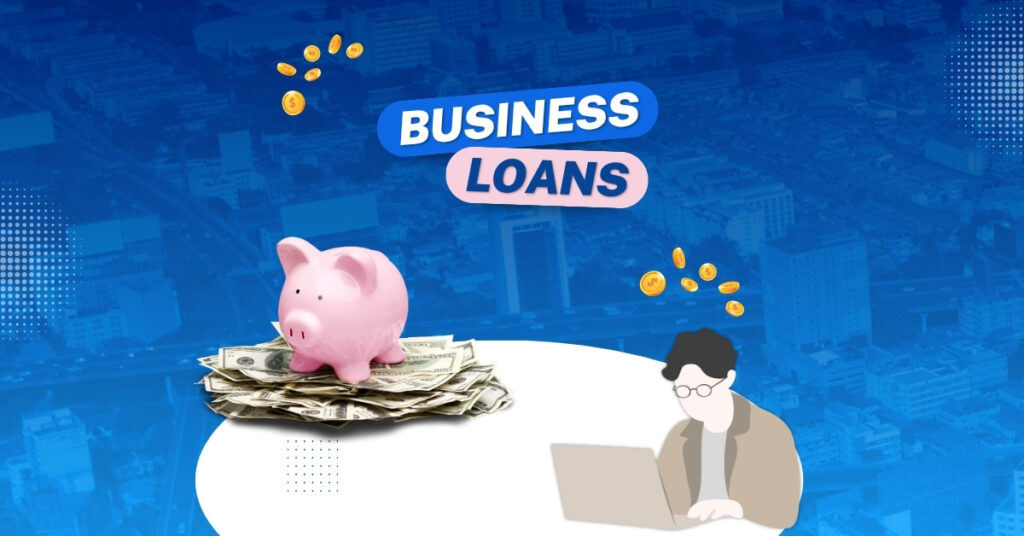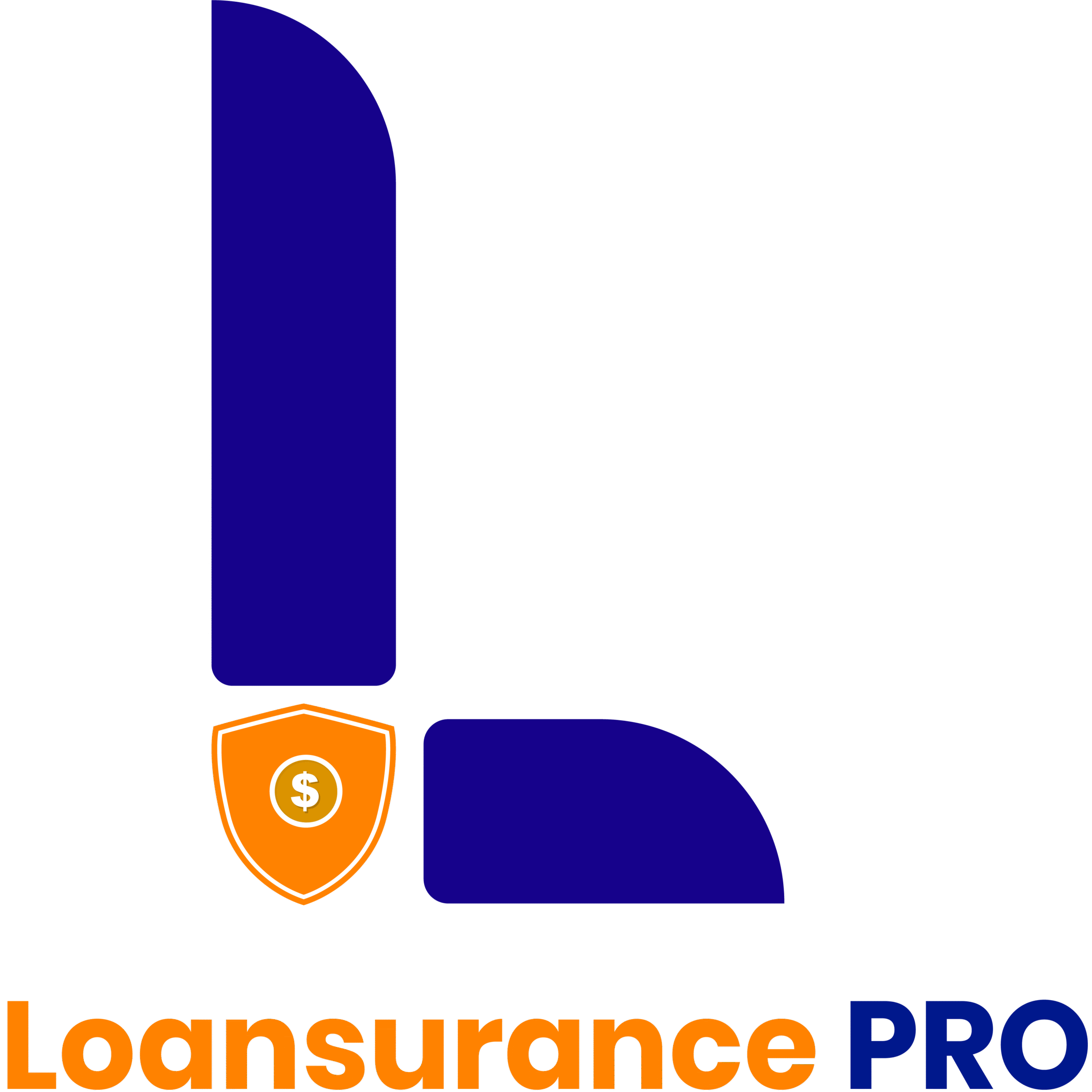Affordable Small Business Loans for Sole Proprietors
As a sole proprietor, running a business can be an exciting yet challenging experience, especially when it comes to securing the right financing. Whether you need funds for expansion, equipment, or managing day-to-day expenses, affordable business loans can help propel your business forward. However, with so many options available in 2025, it’s crucial to identify the most cost-effective loan options that match your needs.
In this article, we’ll explore affordable business loans for sole proprietors, including the best providers, loan types, and how to secure the funding you need fast. By understanding your options, you can make an informed decision and avoid the pitfalls that come with financing. If you are ready to take your business to the next level, this guide will help you navigate the loan landscape effectively.
What Are Business Loans for Sole Proprietors?
Business loans for sole proprietors are financial products designed to help individual entrepreneurs finance their business operations. Unlike traditional business loans that may require a business entity, sole proprietor loans cater specifically to self-employed individuals or owners of small businesses where the business is not a separate legal entity. These loans are used for various purposes such as purchasing inventory, covering payroll, paying for marketing expenses, or investing in new equipment.
Key Characteristics of Sole Proprietor Loans:
- Unsecured or Secured: Sole proprietors may qualify for both secured (requiring collateral) or unsecured loans (no collateral needed).
- Personal and Business Finances Combined: In most cases, the lender will assess both the owner’s personal credit score and business performance.
- Flexible Loan Terms: Loan terms for sole proprietors can vary depending on the lender and the business’s financial health.
Since sole proprietors are personally liable for their businesses, many lenders require a personal guarantee, meaning if the business defaults, the individual’s personal assets may be at risk. However, these loans can offer flexible borrowing amounts and terms to match the needs of the business owner.
Get the Money Your Business Needs
If you’re a sole proprietor in need of fast, affordable funding, understanding your financing options can make a significant difference. Here’s a breakdown of how to ensure you secure the money your business needs:
- Determine Your Financing Needs: The first step in securing a business loan is understanding how much funding you require. Are you looking for a small loan to cover operational expenses, or do you need a larger sum for business expansion?
- Assess Your Financial Health: Lenders will review your personal credit score, income, and debt-to-income ratio. Having a strong financial history increases your chances of securing favorable terms.
- Research Loan Providers: With numerous lenders available, it’s important to shop around for the best rates and terms. Many online lenders, banks, and credit unions offer tailored solutions for sole proprietors.
- Consider Loan Terms and Conditions: Ensure the loan’s repayment schedule, interest rate, and any associated fees are manageable for your business.

Top Business Loan Providers for Sole Proprietors in 2025
In 2025, many financial institutions are competing to offer affordable business loans for sole proprietors. Below is a table comparing the top loan providers:
| Lender | Loan Type | Loan Amount | Interest Rate | Repayment Terms | Eligibility Requirements |
| Lendio | SBA, Lines of Credit | $1,000 – $5,000,000 | 6% – 25% APR | 1 – 10 years | 650+ Credit Score, 1+ Years in Business |
| Fundbox | Line of Credit | $1,000 – $150,000 | 4.66% – 8% monthly | 12 – 24 weeks | 600+ Credit Score, 3+ Months in Business |
| OnDeck | Term Loan, Line of Credit | $5,000 – $250,000 | 11% – 36% APR | 3 – 36 months | 600+ Credit Score, 1+ Year in Business |
| BlueVine | Line of Credit | $5,000 – $250,000 | 4.8% – 6.9% APR | 6 – 12 months | 600+ Credit Score, 6+ Months in Business |
| Kabbage | Line of Credit | $1,000 – $250,000 | 1.5% – 10% monthly | 6 – 12 months | 640+ Credit Score, 1+ Year in Business |
Factors to Consider When Choosing a Loan Provider:
- Loan Amount and Terms: Ensure the provider offers the loan amount you need, and the terms align with your repayment capability.
- Eligibility: Some lenders require a higher credit score or a longer history of operation, while others are more flexible.
- Interest Rates: Compare the rates across different lenders, keeping in mind that a lower rate saves you money in the long term.
How to Qualify
Qualifying for a business loan as a sole proprietor involves several key steps. Lenders will assess your personal and business financials, as well as other factors like your business’s age and revenue. Below are the typical qualifications needed to secure a loan:
- Good Credit Score: A credit score of at least 650 is typically required for most lenders, though some may approve loans with lower scores.
- Proof of Revenue: Lenders will want to see that your business has a consistent cash flow. Many lenders require at least 6 months of revenue history.
- Business Plan: While not always necessary, having a solid business plan can help demonstrate to lenders that you are committed and organized.
- Personal Guarantee: As a sole proprietor, you may be asked to personally guarantee the loan, meaning your personal assets are at risk in case of default.
- Debt-to-Income Ratio: Lenders will assess how much existing debt you have in relation to your income, which helps determine whether you can afford the loan.
Types of Business Loans Available for Sole Proprietors
There are several types of loans available for sole proprietors, each designed to meet different business needs. Here’s a list of common loan types:
- Term Loans: A lump sum loan paid back over a fixed period. Term loans typically offer lower interest rates and longer repayment terms.
- Lines of Credit: A flexible borrowing option that allows you to withdraw money as needed, much like a credit card. It’s ideal for ongoing expenses or managing cash flow.
- SBA Loans: Small Business Administration loans are government-backed loans that offer long terms and low-interest rates, but they can be difficult to qualify for.
- Invoice Financing: This allows businesses to borrow money against outstanding invoices, providing a quick cash infusion without having to wait for payments.
- Merchant Cash Advances: A loan based on your business’s daily credit card sales, ideal for businesses that have steady credit card transactions but need quick cash.
How to Apply and Get Funded Quickly
To ensure quick approval and funding, it’s important to streamline your loan application process. Here’s a step-by-step guide:
- Check Your Credit Score: Know your credit score before applying, and work on improving it if necessary.
- Prepare Your Documentation: Have your financial documents ready, including tax returns, bank statements, and proof of income.
- Fill Out the Application: Submit your application online with the necessary information about your business and finances.
- Wait for Approval: Lenders will review your application, which may take anywhere from a few hours to a few days.
- Sign the Agreement: Once approved, review the loan agreement carefully before signing. Understand the terms, interest rates, and repayment schedule.
Documentation Needed to Apply
The documentation you need to apply for a small business loan includes:
- Business Financial Statements: Profit and loss statements, balance sheets, and cash flow statements.
- Tax Returns: Personal and business tax returns for the last two years.
- Bank Statements: Recent bank statements for both personal and business accounts.
- Legal Documents: Business registration and license, along with any legal documents related to your business.
- Identification: Government-issued identification for both you and your business.
Pros and Cons
Pros:
- Quick Funding: Some lenders offer fast approvals and funding, especially for smaller loan amounts.
- Flexible Loan Options: You can choose from various loan types such as lines of credit, term loans, and invoice financing.
- Tailored for Sole Proprietors: These loans are designed to meet the unique needs of small business owners without requiring business incorporation.
Cons:
- Higher Interest Rates: Loans for sole proprietors may come with higher interest rates due to the increased risk of lending to individuals.
- Collateral Requirements: Many lenders require collateral, which can put your personal assets at risk.
- Strict Eligibility Criteria: Some lenders have stringent requirements for credit score, business history, and revenue.
Avoiding Common Pitfalls in Small Business Lending
When seeking business loans, it’s important to be aware of potential pitfalls:
- Don’t Borrow More Than You Need: Only borrow what you need to avoid unnecessary debt.
- Beware of Predatory Lenders: Always research lenders to avoid those with excessive fees or misleading terms.
- Pay Attention to Fees: Ensure you understand all fees associated with the loan, including origination fees and penalties.
Take Advantage of Longer Terms and Lower Interest Rates
A longer loan term often results in lower monthly payments, which can be beneficial for managing cash flow. However, ensure you can comfortably meet the repayment terms without overextending your finances.
Loan Offers and Interest Rates May Vary by Lender and Location
Loan terms, interest rates, and offers can vary depending on the lender, your location, and the type of loan you’re applying for. It’s essential to shop around to find the best deal for your business.
FAQ
How does a secured small business loan work?
A secured loan requires collateral, such as property or equipment, which the lender can claim if you default on the loan.
When should I consider applying for a secured loan?
Consider applying for a secured loan if you have valuable assets and want to secure a lower interest rate.
What advantages do secured business loans offer?
Secured loans often come with lower interest rates and higher loan amounts, making them more affordable for borrowers.
Are there small business loans available without collateral?
Yes, unsecured business loans are available, but they typically come with higher interest rates and stricter qualification requirements.
What are my options if I need more than $250,000 in funding?
For larger funding needs, consider SBA loans, business lines of credit, or traditional term loans from banks and credit unions.

